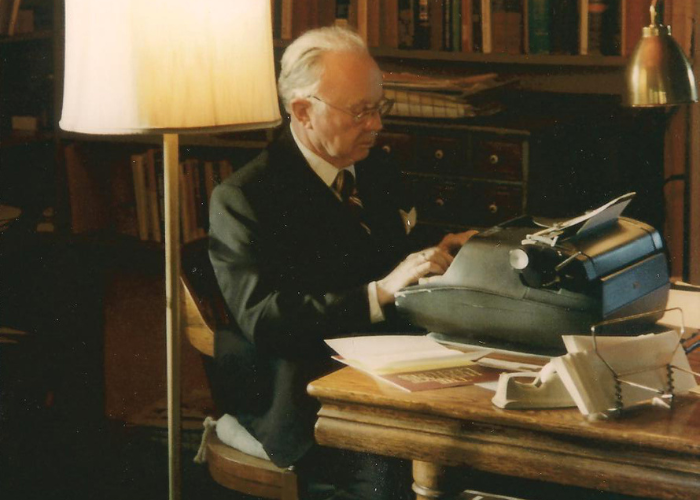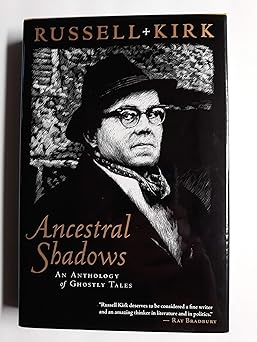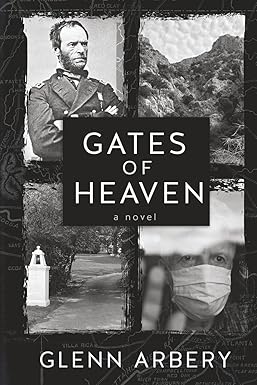Support the University Bookman
American universities are failing to liberally educate the rising generation. A number of states have entered the breach and established schools of civic and classical education, a rearguard action to preserve the best of Western civilization.
We welcome them to the struggle.
The University Bookman has been here for more than six decades, holding the line on the “permanent things,” the values and principles that undergird our civilization. Our readers are not specialists, but those who value the liberally educated mind. Our goal is to provide humane cultural sustenance year in and year out. We have been doing so for six decades and, with your help, we will carry this work forward.
But our work is only made possible by the generous donations of our friends and readers.
We only ask for your support once a year in order to raise $20,000 for operating costs. This amount will cover publishing expenses through the summer of 2026.
What will these funds be used for?
- To pay reviewers (average monthly expense is $1,200)
- To cover website hosting costs, email service, webinar costs, and production software costs
- For our communication staff’s work
The editors nobly volunteer their time for the good of the cause. And some reviewers forgo their honorarium to stretch the journal’s bandwidth. All contributions go towards the direct costs of running the journal.
As you may know, October is Russell Kirk’s birthday month and, in celebration of that, Bookman editors host a lively discussion focused on Kirk’s supernatural fiction each year. We hope to be able to announce the successful conclusion of the annual appeal by All Soul’s Day. As a token of our appreciation, all supporters of this University Bookman campaign will receive a link to a professional audio recording of Kirk’s short story, What Shadows We Pursue.

Longtime reader Jack Fowler remarked:
“As our culture is buffeted by attacks from Marxists and ideologues and the foes of civil order, intent on the destruction of the American Project, conservatism has a pressing need for meaningful and reasoned examination of the principles that underwrite a free society. The University Bookman, an old and wise friend, a jewel, has never been more needed than now. A dedicated platform for the discussion of new books that deserve a hearing in the public square, University Bookman is a place of sanity and intelligence and honesty.”
By making a contribution, you join this important endeavor to renew our culture and redeem our time.
The University Bookman is the online journal of the Russell Kirk Center for Cultural Renewal, a 501(c)(3) non-profit public charity. All donations are tax-deductible.
To make a donation through direct deposit or a donor advised fund, contact info@kirkcenter.org.
If you would like to donate by check to support the University Bookman, please send it to:
The Russell Kirk Center
P.O. Box 4
Mecosta, Michigan 49332
Read More Bookman Articles

The Urbanity of Russell Kirk
“The urban fabric must also be mended and darned through continuous upkeep. The city is not yours to experiment. From Russell to Russello, our ancestral spirits cast their shadows whether or not we choose to observe the city of god in the cities of men.”

Words from the Hearth
“Each poem maps a path on the journey by sharing the personal and religious experiences of a young woman falling in love, getting married, and then expecting and welcoming children. As a reader who tends to prefer prose to poetry, I appreciate the narrative arc as well as the opportunity to reminisce, through Reardon’s work, on my own similar experiences. Reardon’s writing is intensely religious, elevating the seemingly mundane aspects of home life to a spiritual level. Because it draws such powerful connections, it invites readers to ponder how even the simplest details of their lives can lead to the divine.”

A Knight of the American West
“His new book is an exciting chivalric adventure and romance, while also being a contemporary American novel set in the Southwest USA. Exceptionally well written, its straightforward crafting is an encouragement to the reader who eagerly returns to its pages.”

Coming to Terms with Sherman
“…Glenn Arbery has contemporary America down cold, the more so since the cultural variations between North and South are far from being as marked as they were even fifty years ago.”